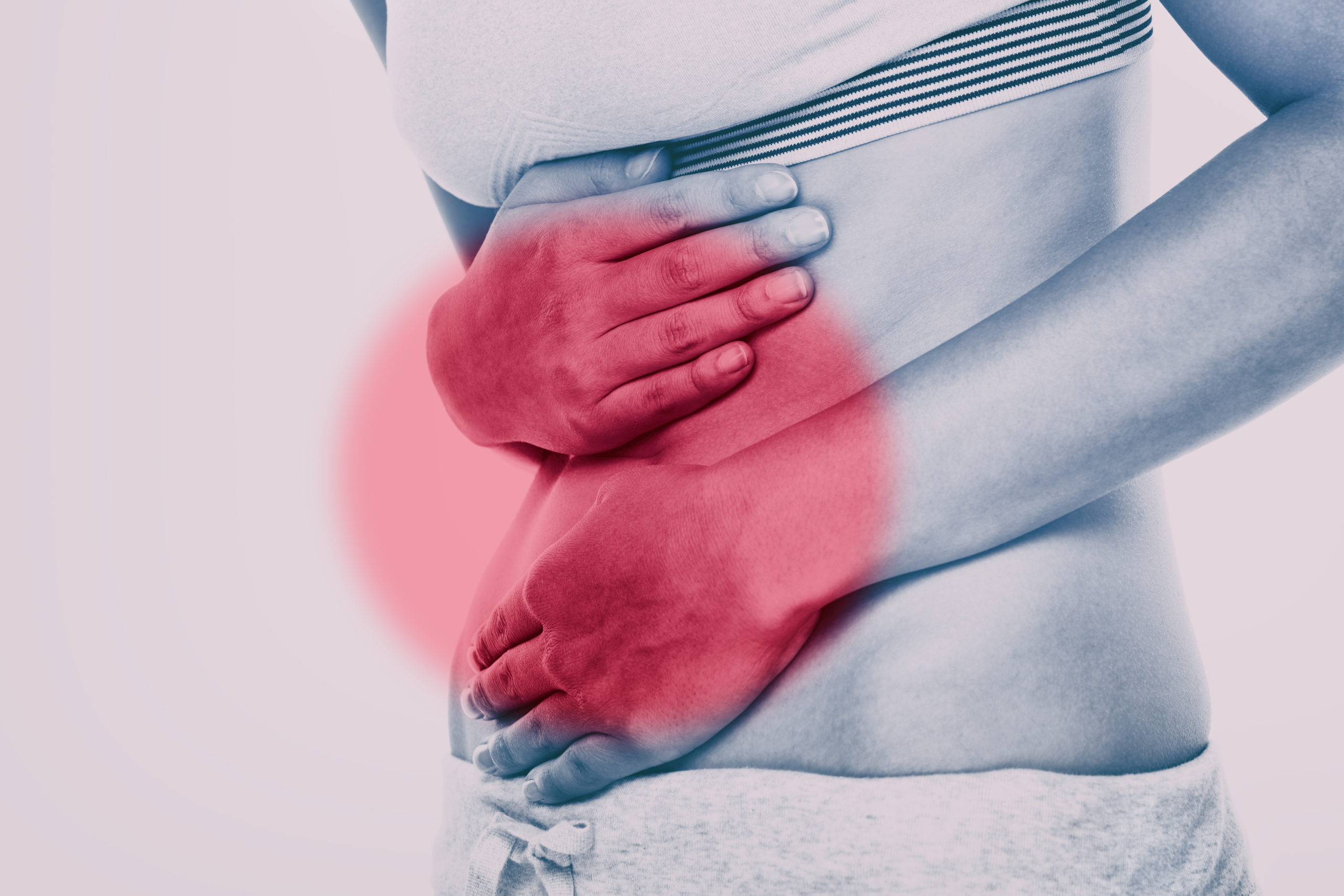
Your gut is your second brain
February 12th, 2024Did you know that the old-age phrase ‘gut instinct’ is a real thing? Our enteric nervous system (ENS) is an extensive network of brain-like neurons and neurotransmitters in and around the gut. The ENS constantly communicates with the brain via the vagus nerve – the body’s information highway.
We’ve all experienced it – stress and a nervous stomach resulting in a quick trip to the toilet
Dr Emeran Mayer is an ENS specialist from the University of California, Los Angeles. He is the author of the book ‘The Mind-Gut Connection’. In the book, he states, “Your gut has capabilities that surpass all your other organs, and even rival your brain.” He explained that the gut, the second brain, is made up of 50-100 million nerve cells, as many as are contained in your spinal cord.
People are becoming more conscientious about their gut health and ‘gut health retreats’ are the latest spa trend. Scientists at the Penn State Eberly College of Science have been awarded a $1.9 million five-year research grant to help understand how complex the gut is.
Gut health research is expansive but more is needed to detail the processes where microbiota impacts human health. Scientists want to discover more about how microbial communities shape human health and physiology. They want a better understanding of how the stomach reacts to disease and infection and explore the absorption of medications.
Jordan Bisanz is the Assistant Biochemistry and Molecular Biology Professor at Penn State Eberly College of Science. On receiving the funding, he explained “The microbiome is very responsive, and it can be modified quickly and easily using dietary manipulations, like probiotics. It is a relatively young field but has promising and immediate translational applications.”
Jordan will focus on identifying microbiome diversity – the number of species present in the gut and their abundance. His team of researchers will look at information from hundreds of people to identify the most common strains or combination of strains in a healthy microbiome. The hope is to design a healthy microbiome and use it as a model system to understand how the community functions. It is a different scientific approach to how microbiology tends to be.
According to Dr Bruno Pot PhD, Science Director at the probiotics pioneer Yakult in Europe, in the last 50 years microbiome diversity in the gut has gone down dramatically due to food choices and lifestyles. As a leading company in the production of probiotics, they are always looking for more answers about gut health. Dr Pot revealed, “We are trying, with several associations like ISAPP (International Scientific Association for Probiotics and Prebiotics) to address microbes that are missing. It’s a food category that doesn’t exist yet, very similar to dietary fibre.”
Your gut and gut health
In the gut, there are more than 100 trillion tiny microbes, it’s an internal ecosystem known as a microbiome. The system contains bacteria, viruses and fungi – some good, some bad. Good gut health is important for long-term health. It is shown to reduce the risk of a variety of illnesses and diseases.
The bacteria in the human gut can weigh over 4lb and analysis of the bacteria in the gut can predict obesity. Many chronic metabolic diseases start in the gut causing long-term inflammation. Bad gut health can result in inflammatory bowel disease, type 2 diabetes, and eczema. It can have an impact on anxiety and depression. Women are 700% more likely than men to have debilitating gut disease.
Your gut health is unique to you, your gut bacteria is influenced by what you eat. Bad gut health can be caused by many reasons – genetics, drugs, smoking, a bad diet, alcohol, lack of sleep, antibiotics, stress or the environment.
Bad gut health symptoms include:
- Bloating, upset stomach, constipation, diarrhoea, gas, heartburn, discomfort and pain
- Difficulty digesting food, difficulty eliminating waste, diet issues
- Fatigue, sleep disturbance, low mood, anxiety
- Inflammation and a high frequency of infections
Lifestyle choices affect your gut health. Hydration, a healthy diet, exercise and sleep assist good gut health. Exercise stimulates the gut muscles which helps to move stuff through the body.
It’s worth noting the fact that it’s important to give your gut a rest at night and not to keep snacking during the day.
For good gut health, you need to cut down on processed foods including sugars, unhealthy fats and salt. You should eat foods as close to their natural state as possible. Your diet needs to be diverse and you need to drink lots of water to assist in the breakdown of foods so the body can absorb the nutrients.
What you need to include in your diet to achieve good gut health are:
- Fermented foods – yoghurts, sauerkraut, kefir or kombucha
- Extra virgin olive oil
- Beans
- Pulses
- Fibre
- Fruits
- Vegetables
- Wholegrains
- Legumes
- Nuts
- Herbs
- Spices
- Seeds
- Green tea
- Coffee
- Chocolate
- Sourdough
- Probiotics – live bacteria and yeasts that are good for you. Probiotics can be found in yoghurt and supplements
- A Mediterranean diet improves gut microbiota status
Experts recommend that a person should eat at least 30 plant-based foods a week for good gut health.
Here is our list of the top 30 super plant-based foods:
- Apple.
- Banana.
- Berries.
- Melon.
- Pear.
- Grapes.
- Kiwi.
- Leafy greens.
- Broccoli.
- Carrots.
- Peppers.
- Aubergine.
- Cucumber.
- Onion.
- Chickpeas.
- Lentils.
- Kidney beans.
- Black beans.
- Pumpkin seeds.
- Flax seeds.
- Split beans.
- Oats.
- Brown rice.
- Tumeric.
- Bulgar wheat.
- Quinoa.
- Cinnamon.
- Ginger.
- Almonds.
- Walnuts.
To normalise digestive functions, we recommend our product stomach mucus peptide – Stamakort®. It helps to prevent gastric ulcers, heartburn, belching or the feeling of heaviness in the stomach.
If you want to live a healthy life, be gut-conscious. Your gut is your second brain and mindfulness boosts good gut bacteria.
References
- https://www.sciencefocus.com/the-human-body/a-gut-feeling-meet-your-second-brain
- https://www.nutritioninsight.com/news/nih-awards-new-research-grant-to-unlock-the-gut-microbiomes-impact-on-human-health.html
- https://www.nutritioninsight.com/news/frontier-of-probiotics-yakult-enters-age-of-dietary-microbes-and-microbiota-composition-data.html






